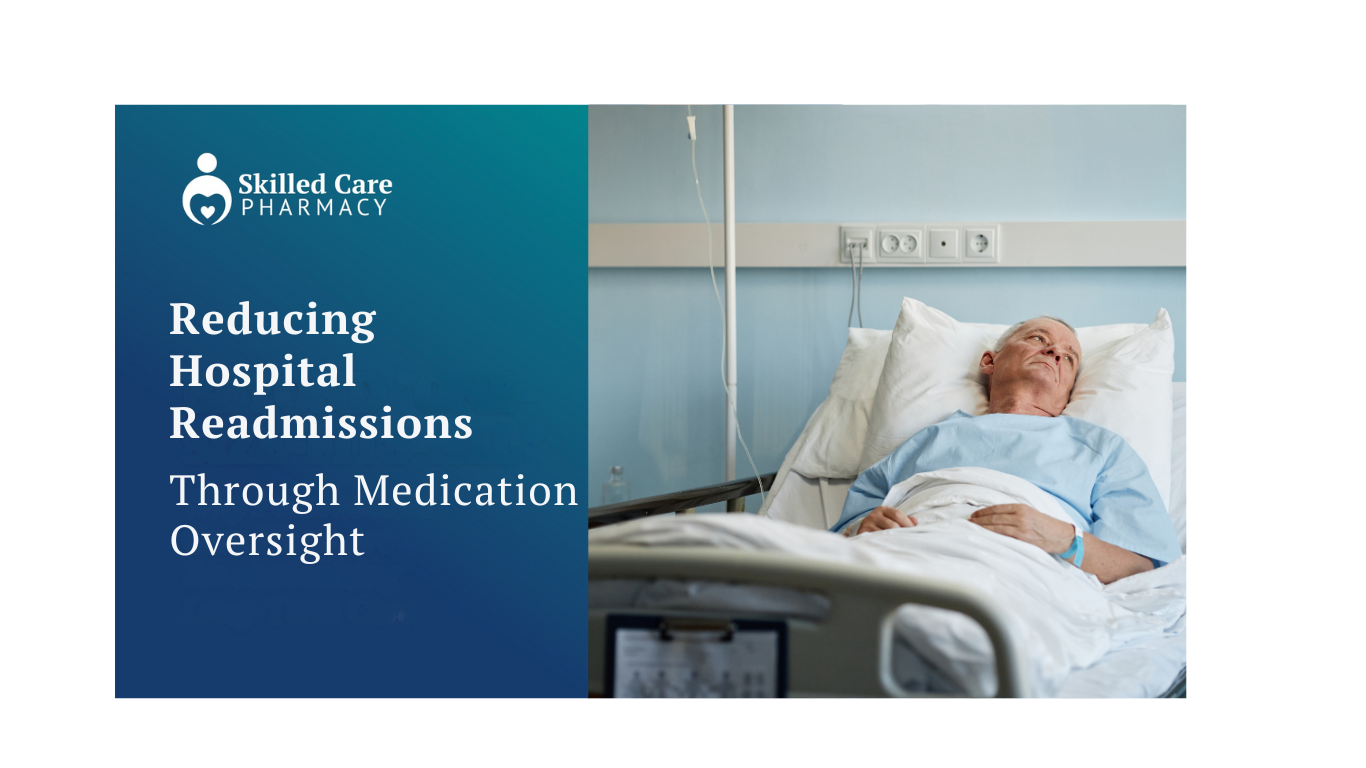Discover how heat and humidity affect medication safety in long-term care and learn best practices to protect resident health.

When temperatures rise, the safety of medications can be at risk, especially in long-term care (LTC) settings. Many medications are sensitive to temperature and humidity changes, and improper storage during the summer months can reduce their potency, change their chemical makeup, or make them completely ineffective.
In LTC environments where residents rely on timely and accurate medication delivery, these risks are too high to ignore. Let’s explore the challenges of summer storage and the strategies your facility can implement to keep medications safe and effective.
Why Heat and Humidity Matter
Most medications are designed to be stored between 68°F and 77°F. Extreme heat or fluctuations outside of this range can compromise a drug’s stability. Common culprits for unsafe storage include:
- Leaving medication carts near windows or unventilated areas
- Unreliable climate control in medication storage rooms
- Storing meds near kitchen or laundry areas where ambient heat rises
- Excess moisture from poor ventilation, which can degrade packaging and formulations
Storage Best Practices for Long-Term Care Facilities
- Maintain Consistent Temperatures
Use temperature-controlled rooms or refrigeration units with alarms to alert staff of fluctuations. Avoid storing medications in areas that lack air conditioning or are exposed to direct sunlight. - Avoid Frequent Door Openings
Instruct staff to limit how often medication fridges or storage cabinets are opened. Frequent opening introduces warm air and humidity, which affects internal temperature balance. - Use Hygrometers for Monitoring
Install hygrometers to monitor and record humidity levels, especially in high-risk areas. Aim to keep humidity under 60% to avoid moisture damage. - Protect from Light Exposure
Some medications, such as antibiotics and certain injectables, are light-sensitive. Use opaque containers or drawers to reduce UV exposure from windows or overhead lighting. - Label and Rotate Inventory
Use “first-in, first-out” systems to ensure older medications are used before newer ones, reducing the risk of expired stock during peak summer months.
Skilled Care Support
At Skilled Care Pharmacy, we help facilities navigate seasonal medication challenges through consultation, training, and systems designed for compliance. Our custom medication packaging and temperature-stable delivery processes are built with summer risks in mind.
We also provide detailed medication storage protocols to every facility we serve, ensuring staff have the knowledge and tools to protect residents’ health year-round.
In Summary
Summer heat poses real risks to medication safety in long-term care. By staying informed and proactive, your team can ensure medications maintain their efficacy and continue to support positive outcomes for your residents.
Need help developing a medication storage policy for your facility? Contact Skilled Care Pharmacy we're here to support you every step of the way.




